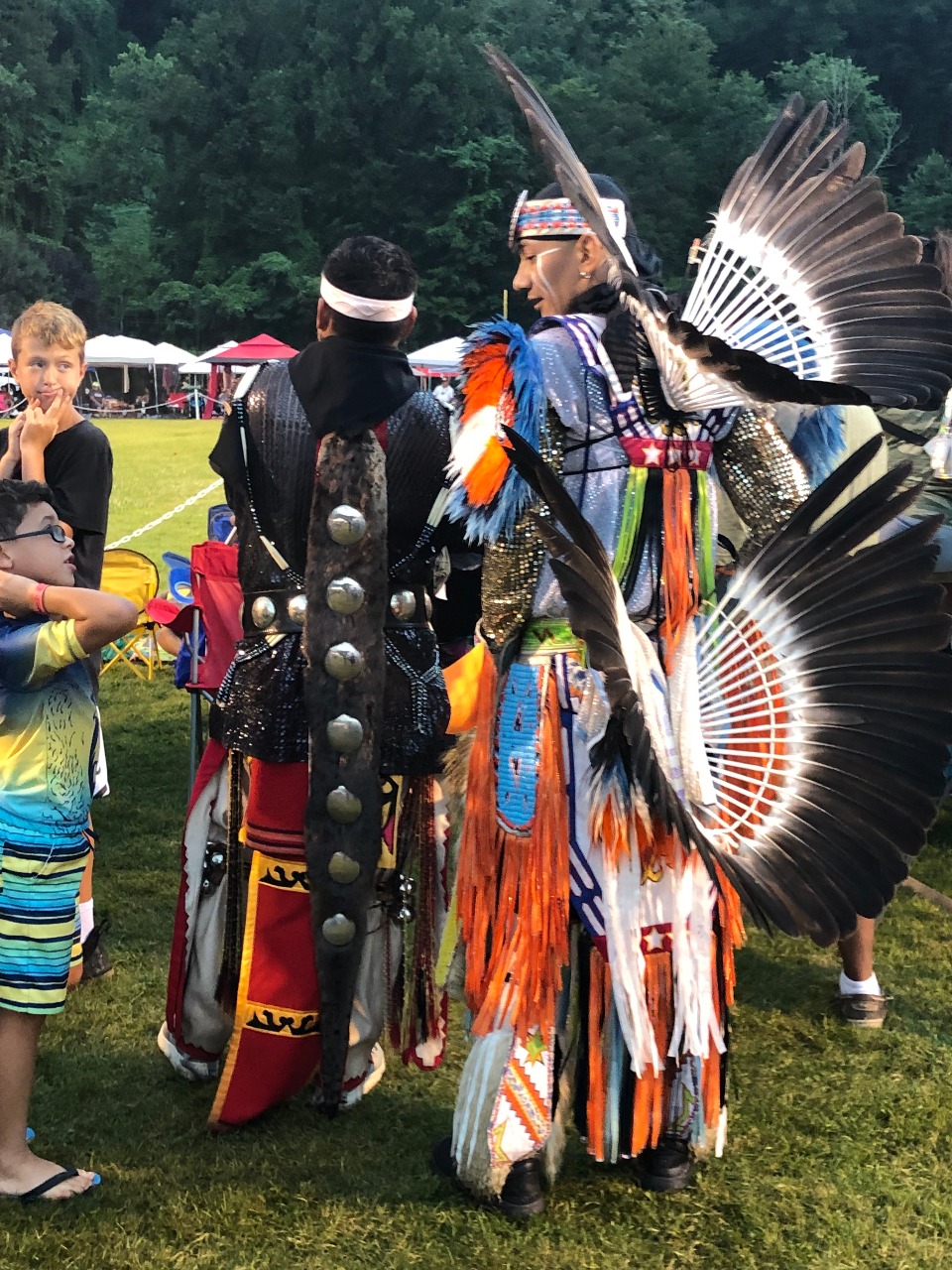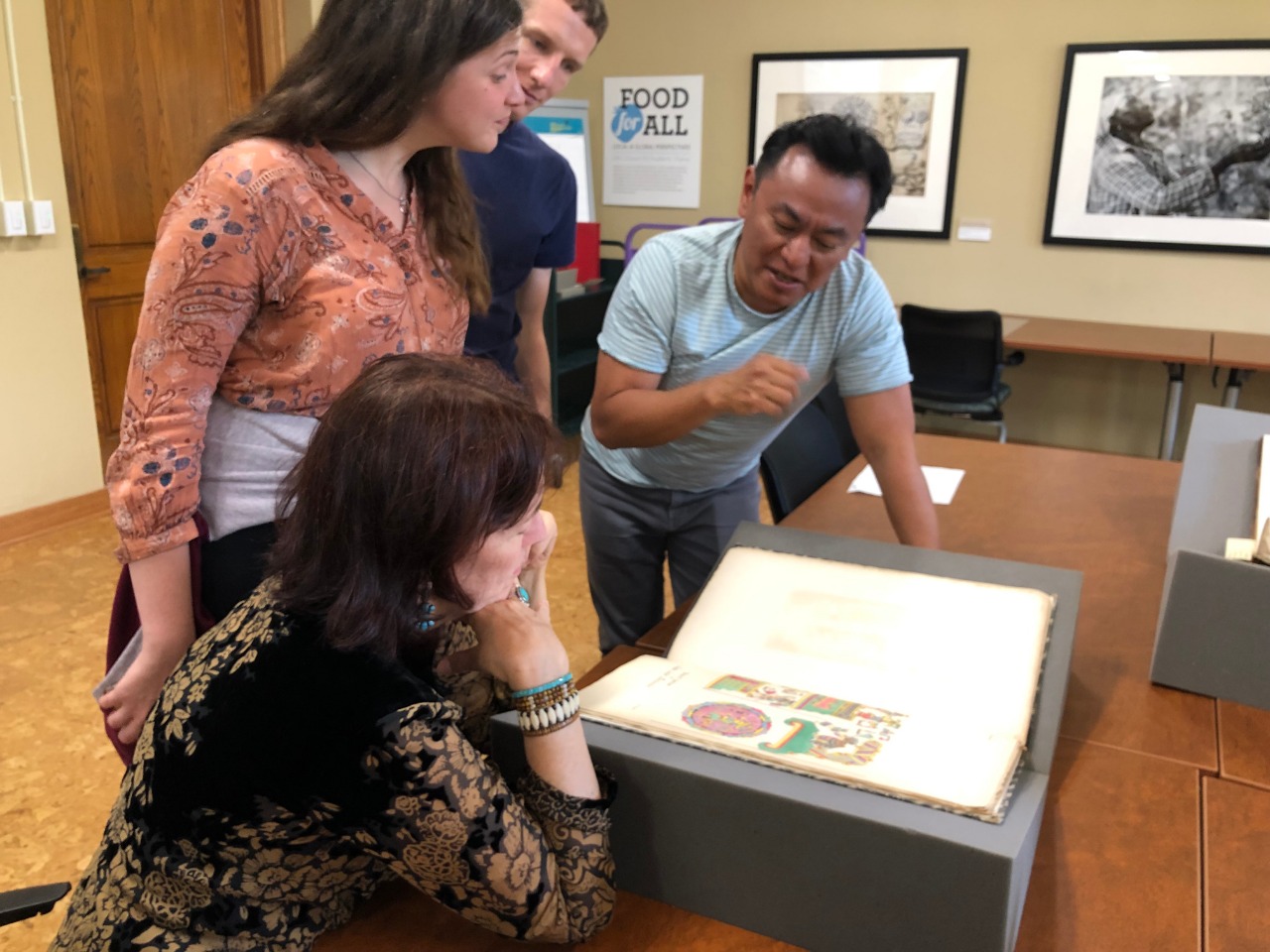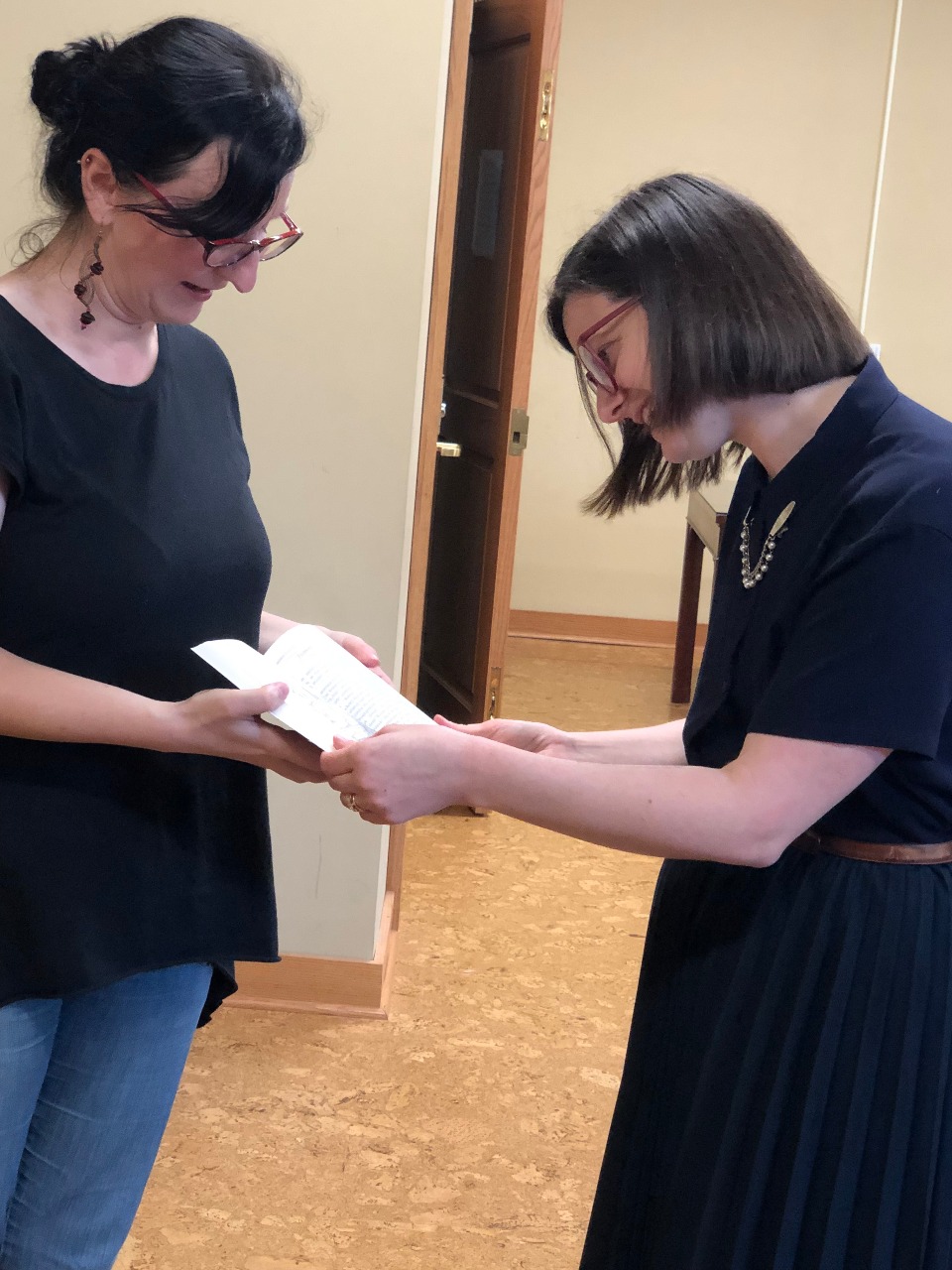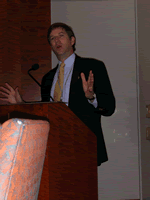Digital Resources for Community-led Language Documentation and Revitalization
During the COVID-19 crisis, the vulnerability of Indigenous and other minority languages is greater than ever. Elders, who hold a crucial role as living repositories of linguistic and cultural knowledge, are most at risk from COVID-19. Due to social distancing, elders also suffer from a lack of interaction with their children, grandchildren, friends and neighbors, which is detrimental to their wellbeing and an existential threat to the intergenerational transmission of already-threatened cultural and linguistic knowledge. In most cases these communities also suffer from structural economic problems and poor public health which exacerbate the situation. To put it simply: where communities would previously have had years to document, describe, archive and revive this intangible cultural heritage, we are now thinking in terms of months.
In light of the ongoing restrictions, as academics, community members and language activists, we must support each other as well as formulate an urgent response to the accelerated threat to linguistic and cultural diversity. In regards to language documentation, most, if not all, programs have been suspended and fieldwork can no longer be carried out. The presence of outside scholars in these communities at this moment is irresponsible, since it risks breaking essential social distancing protocol and putting strain on community health services.
Given this unprecedented situation, we propose to create a tool for collecting and sharing oral histories and conversations in the minority and endangered languages of the United States and beyond. The technology has already been developed to simulate and facilitate social connectivity in times of social distancing. For example live streaming tools such as Periscope (https://www.pscp.tv) and Livestream (https://livestream.com) facilitate something similar to face-to-face interaction. Mapping tools such as Microcontact (https://microcontact.hum.uu.nl/#contributions) and Language Landscape (LL) (www.languagelandscape.org) provide geotagging software that allows users to record audio and video and upload to a platform. None of the above mentioned tools however have been specifically developed for the purpose of promoting intergenerational transmission of language and culture through a human-centred approach. For example, LL currently engages primarily with students, and early career academic researchers to engage with and map the languages of their surrounding geographical environments; while Microcontact is mainly designed for linguists to build a corpus of Italian dialects which facilitates research on phenomena of microcontact. The new tool, instead, aims to genuinely engage with marginalised and minoritised communities and promote community-driven language documentation though a human-centred approach. The tool will take the form of a smartphone application which allows anyone to spend time recording oneself speaking the language, or collecting stories from older family members. For communities, it allows generations to re-connect around their language and culture despite their isolation, giving anyone the role of fieldworker which is traditionally perceived as belonging to people outside of the communities. For scholars, this offers an exciting opportunity to explore new documentation methods and may elicit different instances of spontaneous language use. The use of smartphones, which are already a point of interest for younger generations and a part of the home, in combination with the inclusion of family members as active documenters, will provide a community-driven response to language loss at this critical juncture.
The application will be linked to an existing global platform, Language Landscape (www.languagelandscape.org), where the data will be deposited. The tool will be piloted in Louisiana, where COVID-19 has exacerbated the existential threat to communities of French, Creole & Indigenous language speakers.
Project Coordinators
Ebany Dohle is a Linguist who specialises in language documentation of endangered and minoritised languages. She incorporates interdisciplinary approaches into her research, and has worked on collaborative language projects in combination with art, architecture, environmentalism, ethnobotany, and anthropology. Community engagement is a fundamental aspect of her research and she has worked internationally with Indigenous communities in Asia (Nepal, Vietnam, Thailand, The Philippines), as well as Latin America (El Salvador, Guatemala, Mexico). Her doctoral research focused on documenting and describing the manner in which environmental and ethnobotanical knowledge is encoded in the Nahuat-Pipil language of El Salvador.
Oliver Mayeux is Affiliated Lecturer in the Faculty of Modern & Medieval Languages and Linguistics, University of Cambridge, where he also acts as Director of Studies in Linguistics at Fitzwilliam College and convenes the Cambridge Endangered Languages and Cultures Group. From October 2020, he will be Title A Fellow in Linguistics at Trinity College, Cambridge. Together with a team of linguists and language activists he is co-author of Ti Liv Kréyòl (2020), the first learner’s guide to Louisiana Creole. He has been involved in language revitalization activities for Louisiana Creole, his own heritage language, since his teenage years.
Maria Olimpia Squillaci is a postdoctoral researcher of the University of Naples “L’Orientale”. Olimpia was co-investigator of the project “Investigating the future of the Greek speaking minorities of southern Italy” for the Smithsonian Institution. Olimpia completed her Ph.D. at the University of Cambridge, where she founded the Cambridge Migration Society. Prior to this, she worked with several Greek minorities among which the Greeks in Mariupol’ and the Greek political refugees in the former USSR. She engaged with the revitalization of Calabrian Greek; founded the Summer School “To ddomadi Greko” and coordinated the crowdfunding campaign “If you speak me I live”.
















































































